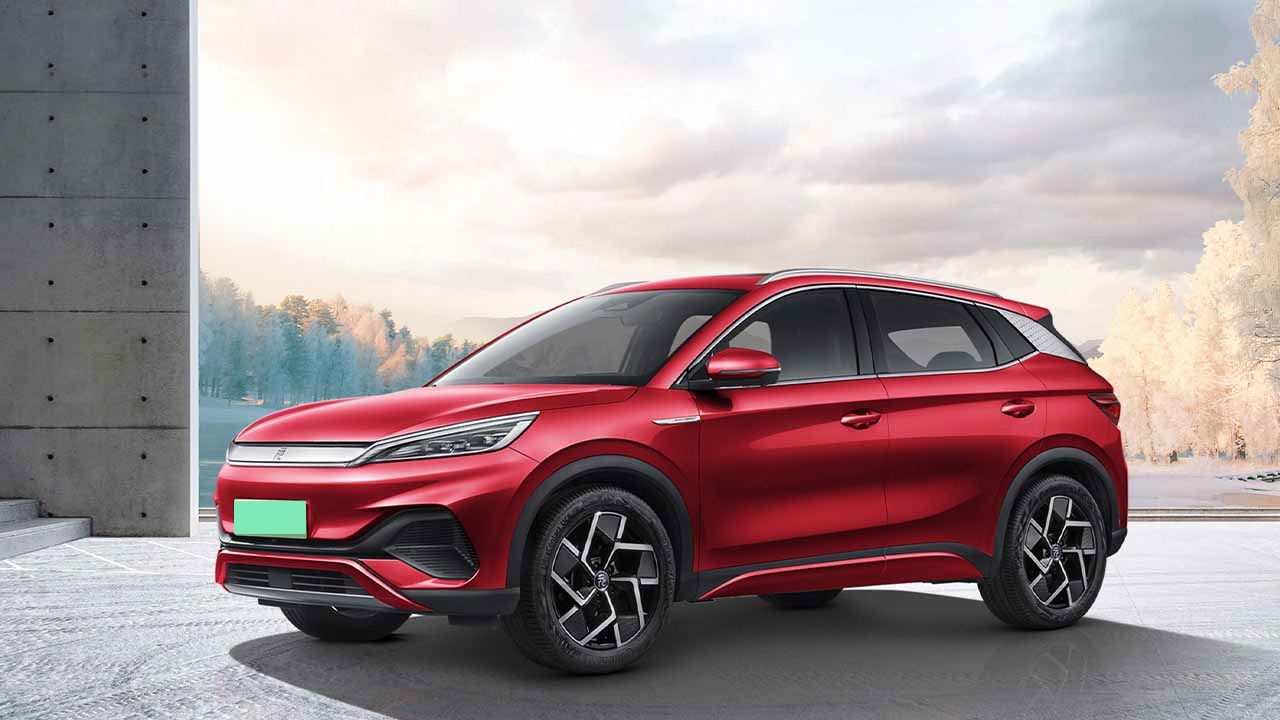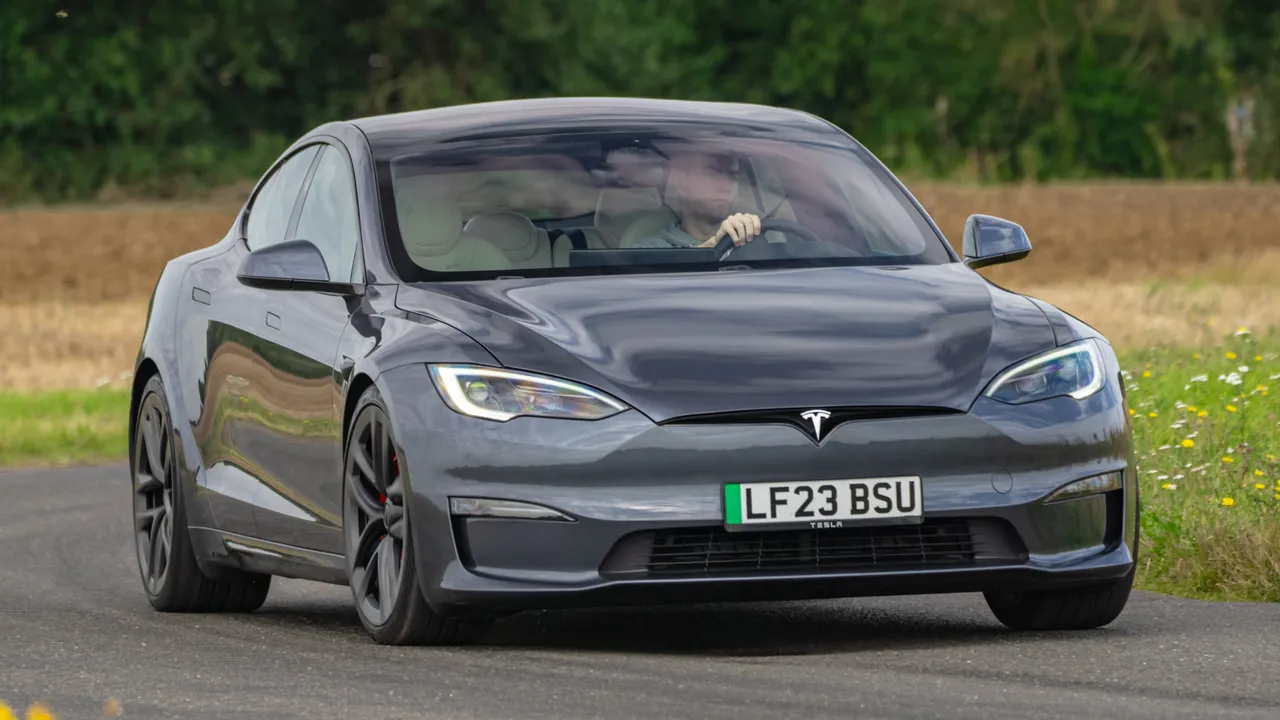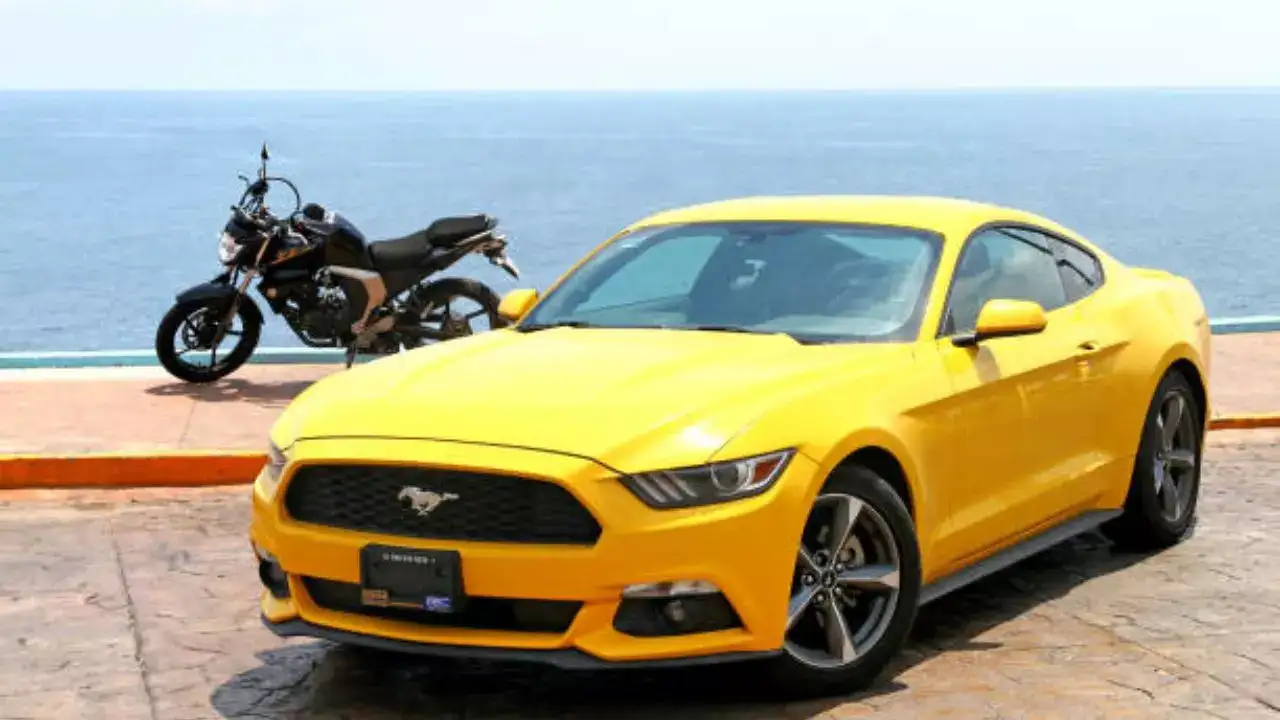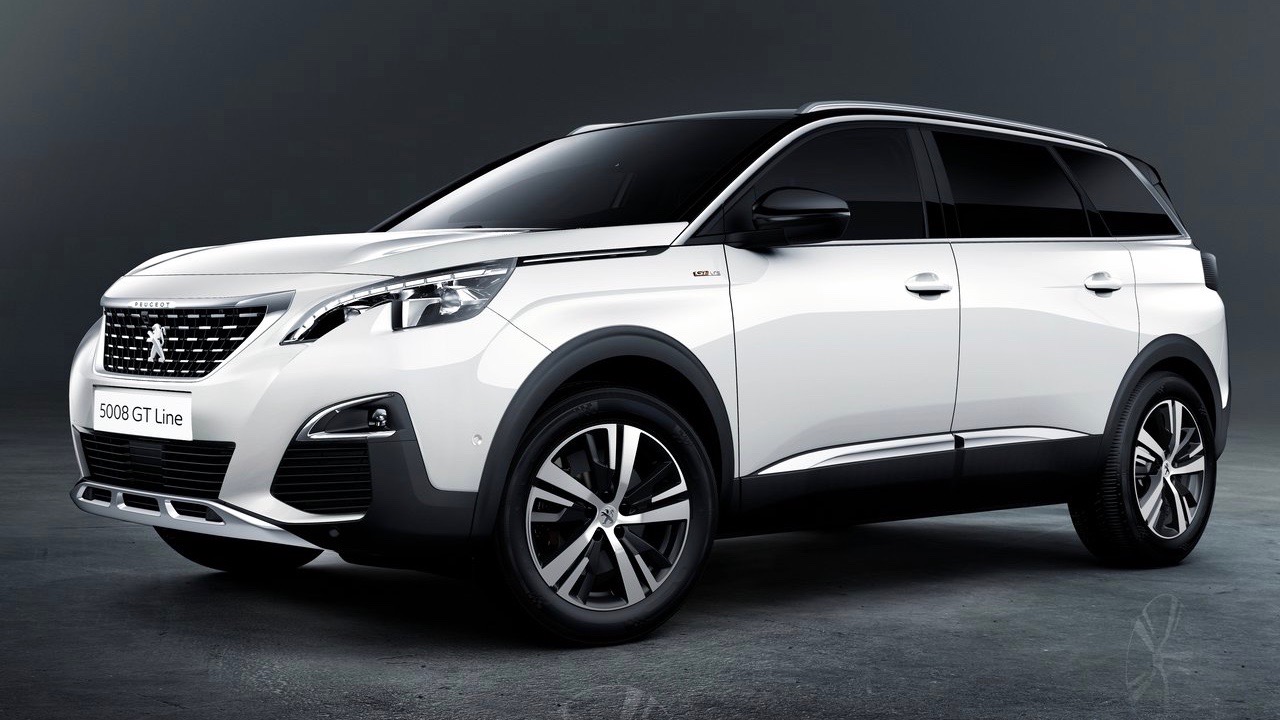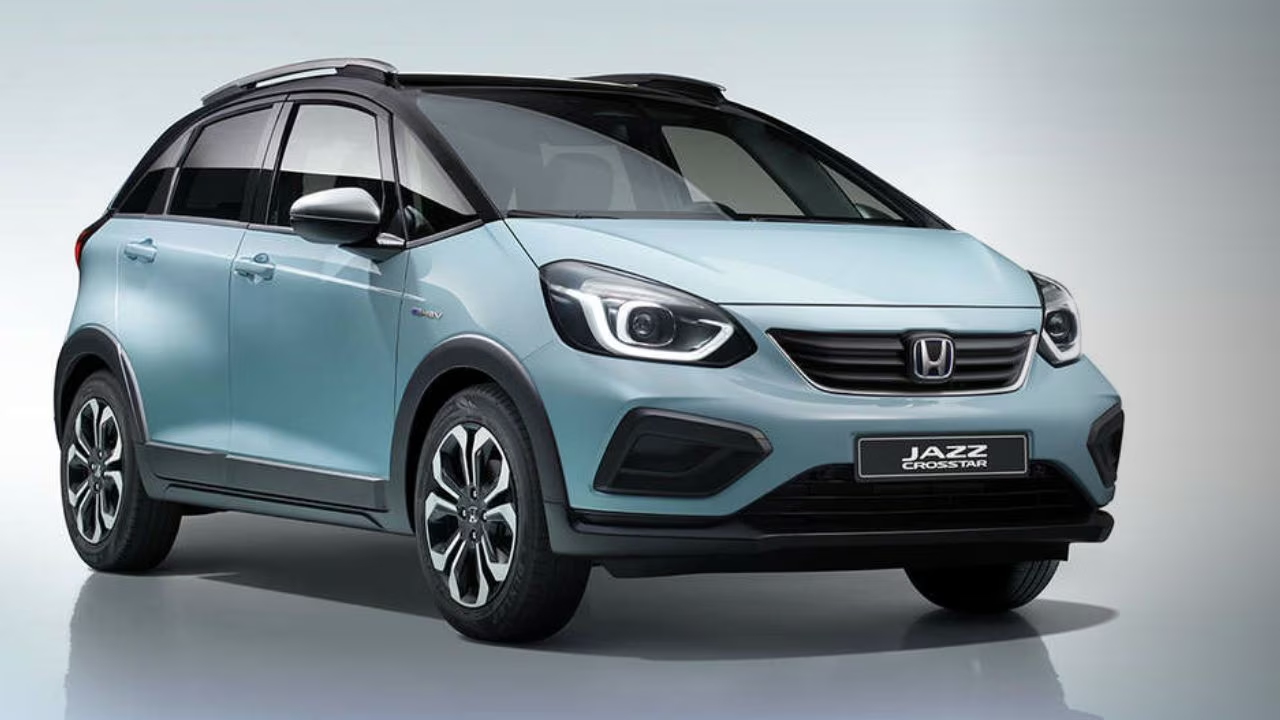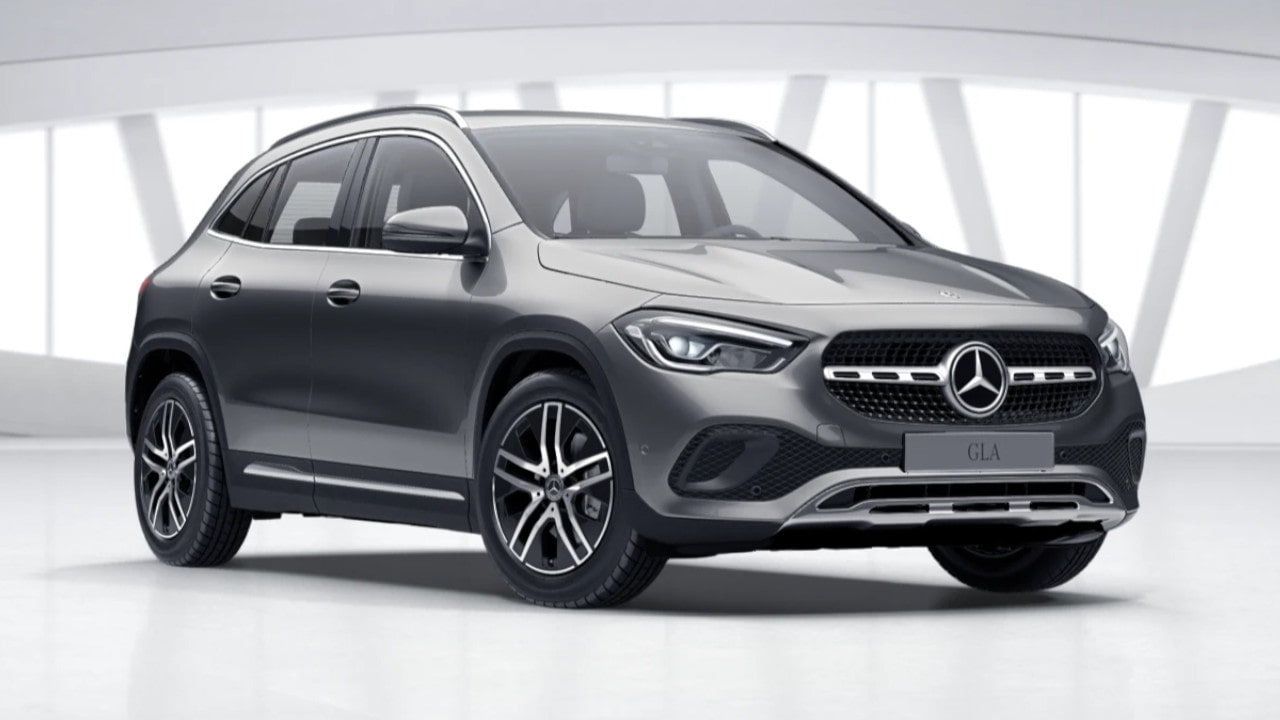The electric vehicle (EV) market in India has witnessed significant growth over the last few years, with numerous companies making strides to capture a share of the fast-evolving market. Among the newer players in the field, Pure EV, known for its electric two-wheelers, expanded its ambitions by introducing a compact electric car line. However, despite the increasing interest in electric cars, Pure EV’s entry into the car segment has struggled to gain significant traction. The company’s compact car offerings are currently falling behind their rivals, raising questions about its ability to compete in the highly competitive EV space.
While Pure EV’s electric scooters have earned a solid reputation, the transition from two-wheelers to four-wheelers has proven more challenging than expected. The compact EV sector is particularly competitive, with numerous established manufacturers and startups vying for attention. So why is Pure EV’s compact car line lagging behind? Let’s explore the factors that are contributing to the slow pace of its growth in the electric car market.
Challenges in Design and Technology
Pure EV’s compact cars were initially seen as a promising entry into the affordable EV market. With India’s growing middle class and increasing awareness of the environmental impact of conventional vehicles, the demand for affordable electric cars is on the rise. However, Pure EV’s vehicles, despite being compact and budget-friendly, have faced challenges in terms of technology, design, and performance.
The electric car market demands vehicles that offer more than just an affordable price tag. Consumers are increasingly looking for cars that deliver excellent battery life, fast charging capabilities, and advanced technological features. While Pure EV’s compact cars may offer value for money, they have struggled to offer the kind of high-performance features that rival companies have brought to the table.
Established players like Tata Motors, Mahindra Electric, and new entrants like Ola Electric have invested heavily in research and development to create electric cars that meet consumer expectations. In contrast, Pure EV has been slow to innovate and integrate advanced technologies, which has resulted in its compact car offerings lagging behind the competition.
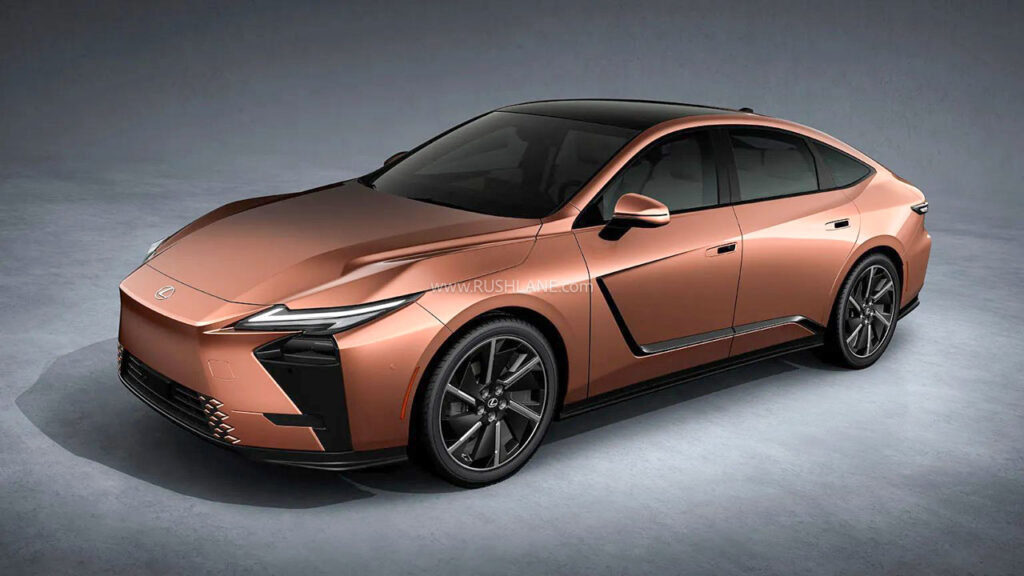
Limited Range and Charging Infrastructure
One of the major concerns with Pure EV’s compact cars is their limited driving range. Range anxiety remains one of the biggest barriers to EV adoption in India. While Pure EV’s cars may be affordable, their relatively short range means that potential buyers may hesitate, especially those living in cities with less access to charging stations.
Charging infrastructure in India remains a significant challenge for all electric vehicle manufacturers. Though many cities are gradually seeing the installation of more charging stations, a significant gap remains in rural and semi-urban areas. This lack of charging infrastructure makes it even more difficult for compact electric cars like Pure EV’s to gain popularity.
Rivals, however, have been addressing this issue with a combination of longer battery ranges and efforts to expand charging infrastructure. For instance, several established brands are working with third-party charging providers to create an extensive network, making it easier for customers to own and operate electric vehicles.
Pricing and Affordability Concerns
Affordability is often seen as the key to success in the Indian automotive market, and Pure EV has positioned itself as an affordable option for urban consumers seeking electric alternatives. However, while the company’s pricing might seem competitive, the real-world affordability of its compact cars is hindered by the rising cost of key components, particularly batteries.
In order to maintain competitive pricing, Pure EV has had to make compromises in terms of vehicle features, battery capacity, and other essential elements that could appeal to consumers. This has impacted the overall consumer experience and made it harder for Pure EV’s compact cars to compete with rivals that offer higher-specification models with similar price tags. As the Indian EV market matures, consumers are beginning to prioritize factors such as performance and long-term value, which Pure EV’s vehicles have struggled to deliver.
Rising Competition from Established Players
Pure EV entered the electric car market at a time when competition was intensifying. Big players like Tata Motors and Mahindra Electric have already established a strong presence with their electric vehicle offerings. These companies benefit from their brand recognition, established production capabilities, and a more extensive network of service centers, making them a more attractive option for consumers.
Furthermore, the arrival of new entrants like Ola Electric, with their focus on high-performance electric cars at competitive price points, has intensified the pressure on Pure EV. These companies have been quick to leverage modern technology, longer ranges, and faster charging times to win over Indian consumers. While Pure EV has been working on its compact car line, the market dynamics have shifted rapidly, leaving the company playing catch-up.
What’s Next for Pure EV?
As it stands, Pure EV’s compact car line is facing significant challenges in keeping up with its rivals. However, all is not lost for the company. To regain momentum and stay relevant in the growing electric vehicle market, Pure EV needs to focus on several key areas:
- Enhanced Battery Technology and Range: The company should invest in improving battery technology to increase the range of its cars. A higher range will help address the concerns of potential buyers and provide better competition against rivals offering longer-range electric vehicles.
- Building Charging Infrastructure: While charging infrastructure is a nationwide issue, Pure EV can partner with charging providers to ensure its cars are compatible with the growing network of charging stations. Providing easy access to charging facilities will be essential in overcoming consumer hesitation.
- Innovative Features and Consumer-Centric Design: Pure EV should focus on incorporating advanced technology, such as faster charging, connected car features, and better infotainment systems, into its compact cars. Offering an improved customer experience with modern amenities will help elevate the brand.
- Strategic Partnerships: Collaborating with industry leaders or securing funding from investors can enable Pure EV to accelerate its research, development, and manufacturing efforts. Building strong partnerships will give the company the resources needed to scale its production and stay competitive.
Conclusion
Pure EV’s compact car line is facing several challenges in the competitive Indian electric vehicle market. While the company’s commitment to affordable and sustainable transportation is commendable, its cars have struggled to stand out in terms of technology, performance, and range. To compete effectively with established players and rising startups, Pure EV must address these issues and innovate in key areas such as battery technology, consumer features, and infrastructure support. Only by doing so can Pure EV hope to keep pace with its rivals and secure a solid foothold in the fast-growing EV market.
